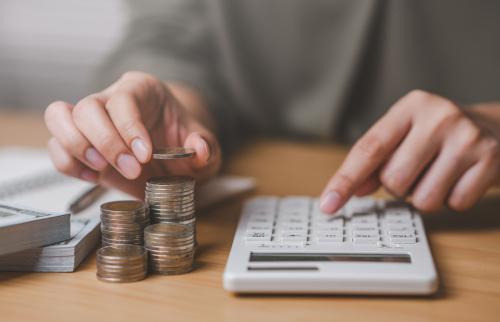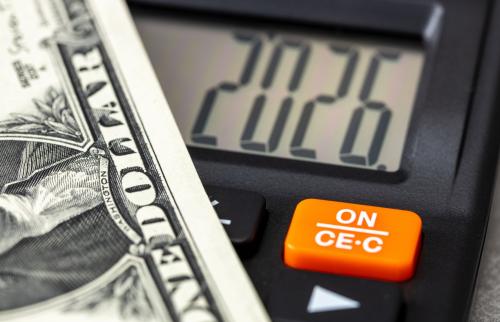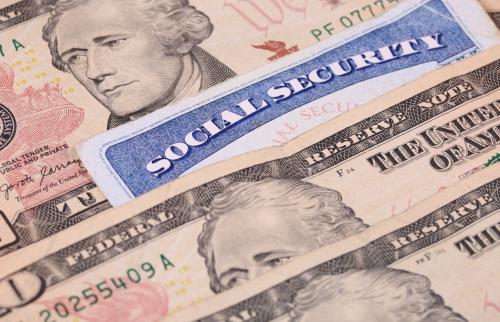For decades, the low rate of saving has had surprisingly benign effects on both American consumers and the U.S. government, but that all may be in the process of changing, and quickly, according to Barry Bosworth. In his new book, The Decline in Saving: Threat to America’s Prosperity? (Brookings Institution Press, 2012). Bosworth examines why saving rates in the United States have fallen so precipitously over the past quarter century and notes that while the consequences to date have been minimal, the magnitude of the fiscal deficit is likely to require scaling back of transfers to the elderly in the future, making them more dependent on their own financial resources.
Another consequence is that people may stay in the workforce or delay retirement to rebuild their balance sheets, but there are not many jobs available. Bosworth notes that although there has been a modest increase in the rate of household saving post-financial crisis—hailed as a major turnaround–it is still half the rate achieved in the decades prior to 1980, and the U.S. has now become the world’s largest debtor nation.
The Brookings Institution is committed to quality, independence, and impact.
We are supported by a diverse array of funders. In line with our values and policies, each Brookings publication represents the sole views of its author(s).



Commentary
Low U.S. Saving Rate Coming Home to Roost
February 9, 2012